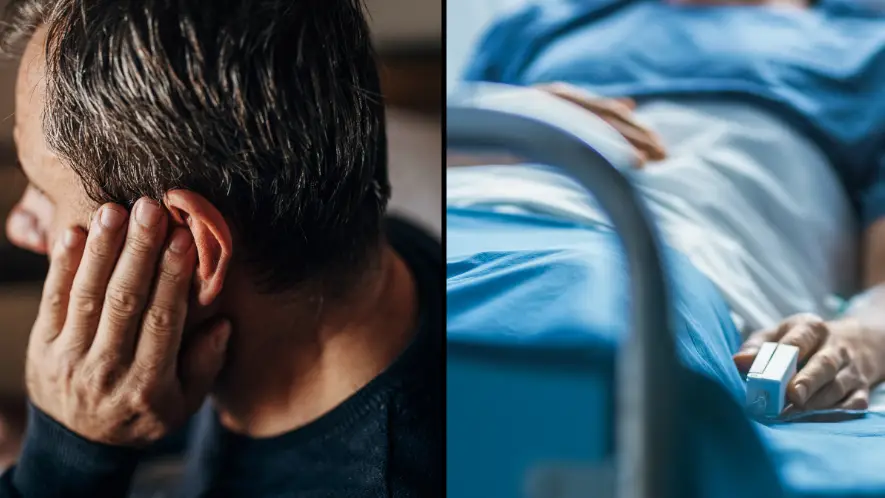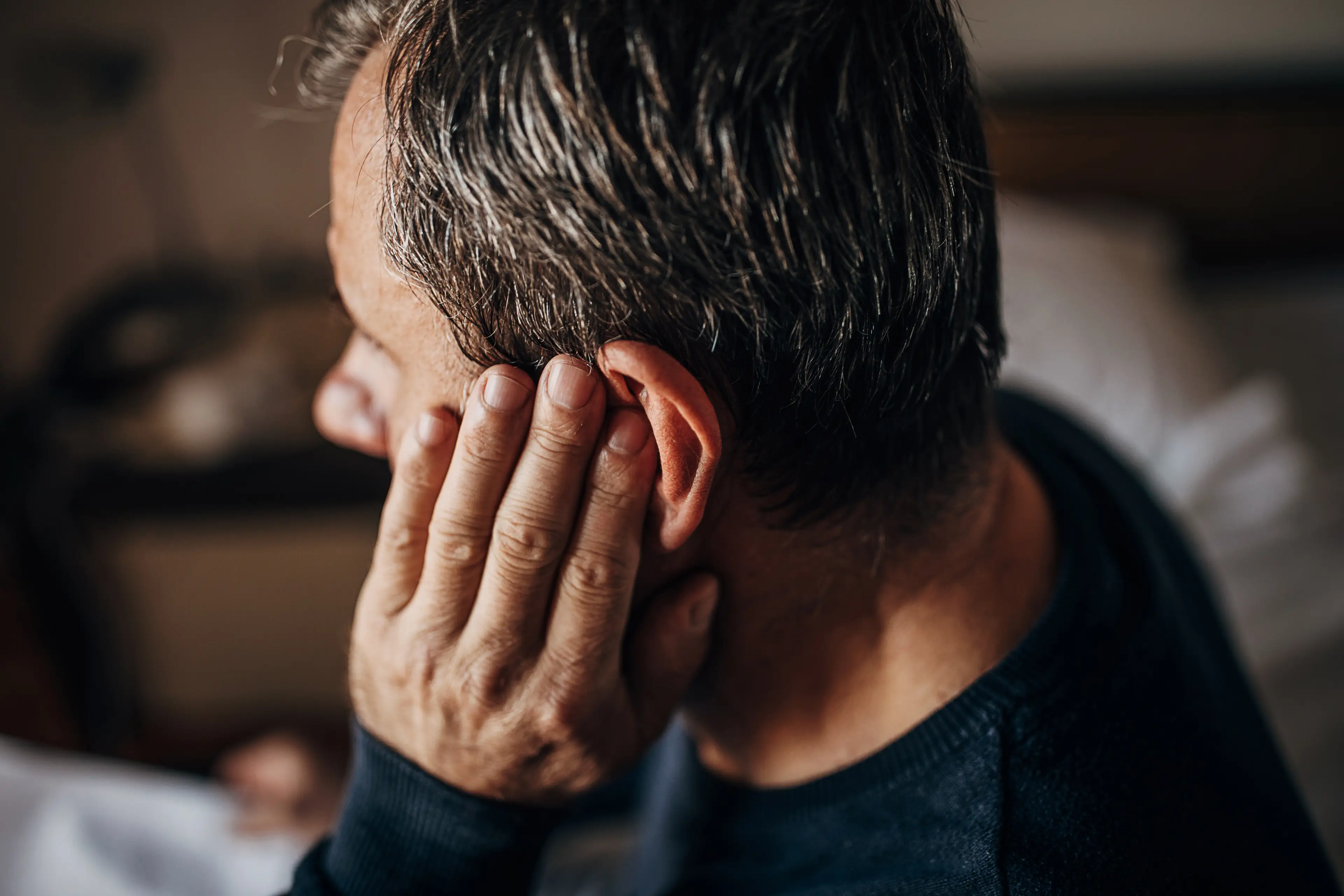
It may be a morbid subject, but the phrase 'morbid fascination' exists for a reason.
When at last we die, our bodies go through certain processes before the end, and one of those is winding down support to our functions and senses.
Palliative care specialist Dr. James Hallenbeck of Stanford University explained in his book Palliative Care Perspectives that with modern medicine keeping people alive longer, something called 'active dying' kicks in.
Apparently, your body will start to shut down in a specific order, which goes as follows...
Advert

Appetite
The expert says the first thing to go is the appetite.
As the body shuts down, it requires fewer nutrients than before, so a loss of appetite and a lack of thirst can be experienced.
Speech
Speech is the next function to go as the body slows down and conversing becomes more difficult.
This matches what a palliative care nurse said of the process of dying, where she said that the human body is 'built to die' and would help a person through the process in order to minimise pain.
Vision
After speech there can be a loss of vision, though again palliative care nurse Julie McFadden said that sometimes people who couldn't see much of what was around them could instead see loved ones or old pets who had already died.
She also said that in some cases in their final days a person might experience 'the rally' where they appear to improve significantly and 'act like their old selves' before dying, which can be distressing to relatives who thought their loved one was getting better.
McFadden said it happened to around a third of patients at her hospice and staff tried to make sure relatives knew it could happen so they wouldn't be devastated.

Hearing and touch
The final senses to go, according to Dr. Hallenbeck, are 'hearing and touch', as even in a person's last moments when they appear unresponsive, they can still perceive the world around them in some ways.
Once touch has gone hearing is the last sense to go, and according to a 2020 study some people are able to hear things until their very final moments.
They studied 'actively dying hospice patients' and found that most unresponsive patients still had a reaction to changes in tones of sounds they heard.
They found that the hearing reactions of unresponsive patients were similar to those in younger and healthier people, so the idea that 'hearing is the last sense to go' appears to be true.
Topics: Health